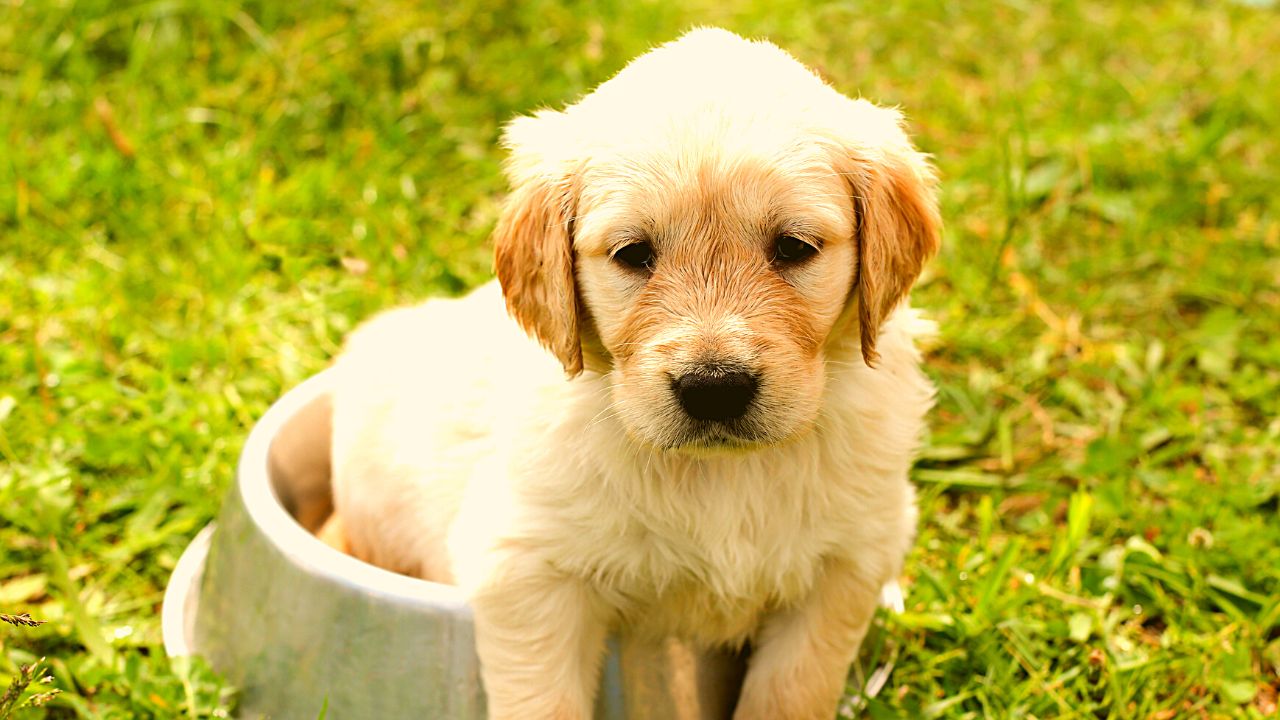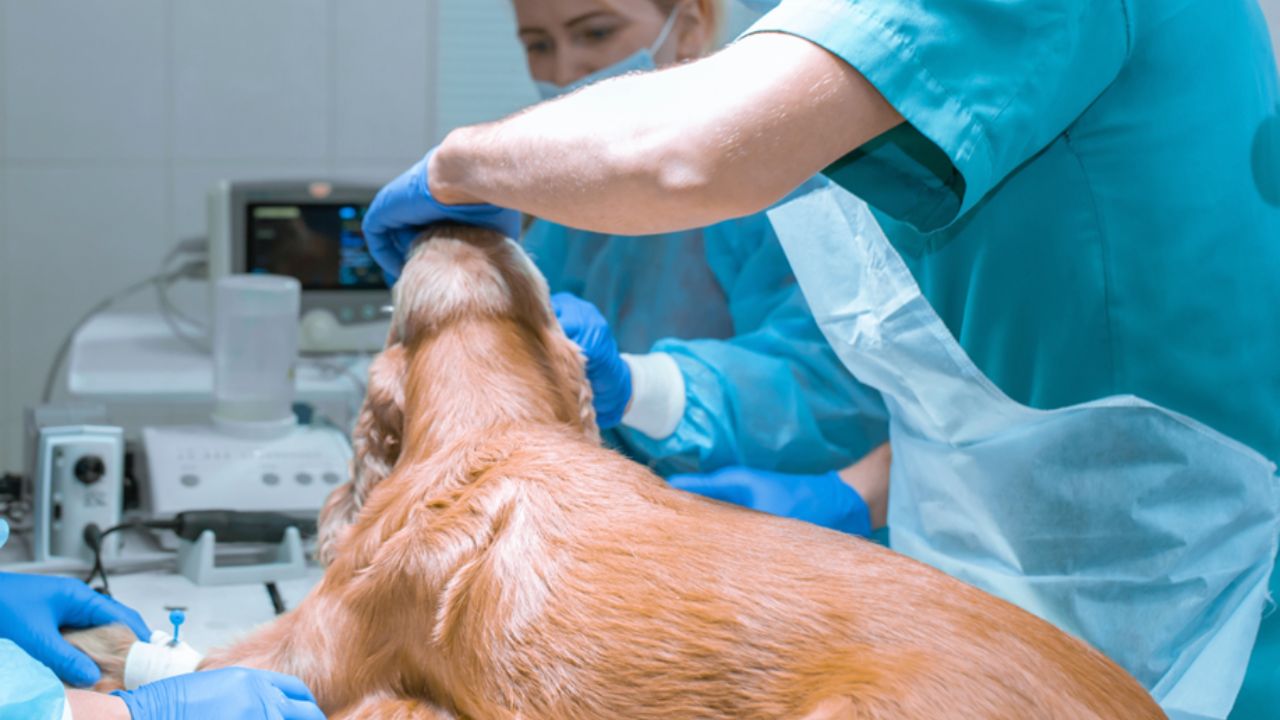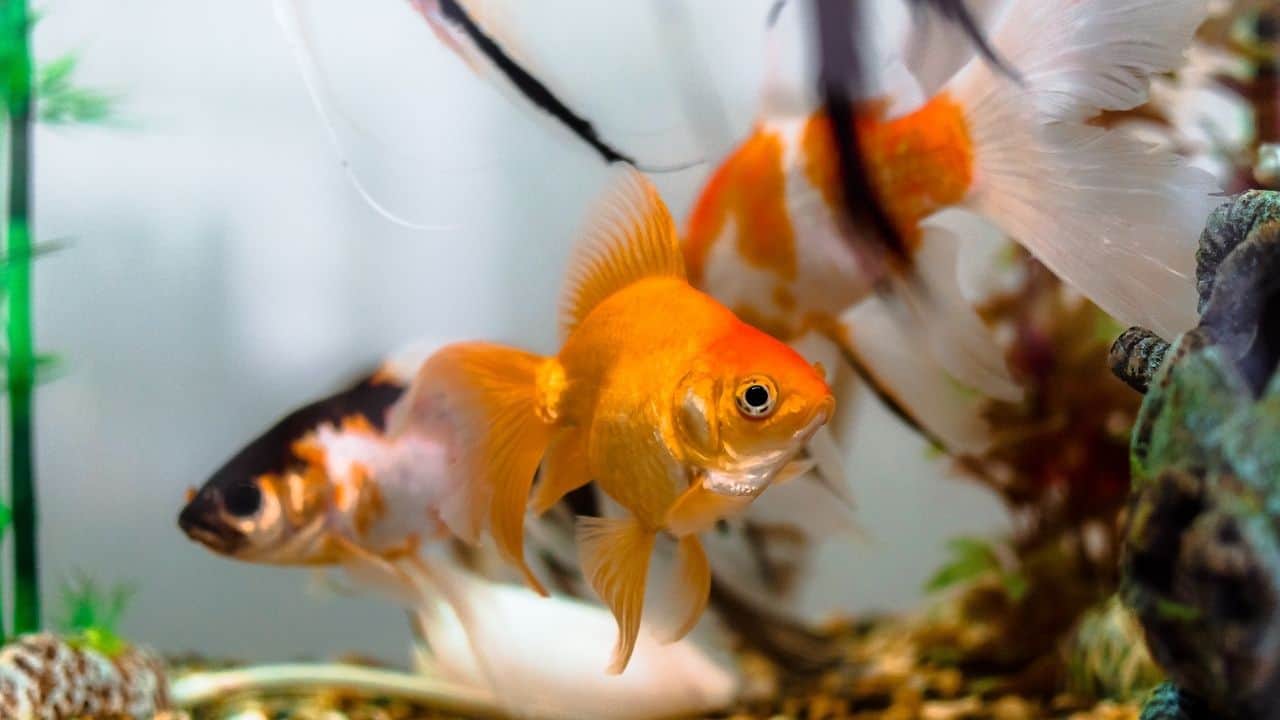
Table of Contents
It is crucial for growing puppies to eat properly; if you have one that won’t eat, it can be very concerning and challenging.
Generally, puppies shouldn’t go more than a few hours without eating. Mainly, toy and small-breed puppies should not skip meals as they are at a higher risk of hypoglycemia (low blood sugar).
If your puppy is vomiting or having diarrhea, consult your vet as soon as possible to rule out any serious health issues. But, if your puppy is not showing any symptoms, there are some tips you need to know to help your puppy eat.
Before we dive into the tips, we need first to understand the reasons for your puppy’s lack of appetite. Keep reading to understand the reasons and learn how to help your puppy eat.
Reasons Why Puppies Won’t Eat

The first thing to do is to figure out the reason for your puppy’s lack of appetite. There are some minor reasons why a puppy won’t eat, while there are also some major life-threatening reasons. Here are the most common reasons for your puppy’s lack of appetite:
1. Picky Eater
Some puppies can become picky by developing preferences for certain foods and refusing to eat other foods. Examine whether they enjoy eating other foods besides their regular meals, such as dog treats or dog-safe human foods. Check out this article to learn about 40 human foods dogs can eat safely.
If they enjoy such foods, they may become pickier with their regular meal. Maybe they don’t like the flavor of the food or even the size of the kibble.
2. Stress and Anxiety
Some puppies may lose their appetite due to stress, anxiety, or even fear. If you recently brought a puppy home, stress could reduce your puppy’s desire to eat.
When you initially bring a puppy home, it can have some adjustment issues. Considering that your puppy recently left its mother or siblings’ home, which was a familiar environment. As your puppy adjusts to its new environment, you must be loving it.
Even if your puppy’s routine or surroundings change, such as changes in the time or location of a meal, situations that trigger stress, like strangers in the house, storms, or fireworks, can cause your puppy not to eat. Generally, puppies that experience stress or anxiety will start eating once they have gotten used to the change.
3. Medical Issues
Health issues are also a possible reason for your puppy’s loss of appetite, specifically if your puppy is showing additional symptoms at the same time.
It could include any issue that might cause pain, vomiting, nausea, diarrhea, or lethargy. Once puppies become ill, things may soon grow worse. Don’t wait too long to seek medical attention if a puppy won’t eat.
The potential medical issues that could cause anorexia or a lack of appetite in puppies are teething, gastrointestinal parasites, pancreatitis, liver disease, kidney disease, cancer, congestive heart failure, respiratory infection, and organ dysfunction. Anorexia can also result from viruses like parvovirus, which can be fatal.
Tips To Help A Puppy That Won’t Eat
It is very important to note that puppies don’t have the same storage of fat as adult dogs. Therefore if your puppy skips one or two meals, it can be concerning and might indicate an underlying health issue.
So, if your puppy is not eating and showing symptoms like vomiting, lethargy, or diarrhea, visit your vet right away to rule out any health problems that might be causing your puppy’s appetite loss. If you don’t see any symptoms, here are some tips to try to help your puppy eat:
1. Pick the Right Puppy Food
Ensure you give high-quality, age-appropriate puppy food that satisfies its nutritional needs. Consult your vet to determine the ideal food for your puppy’s breed, size, and health requirements.
2. Establish a Feeding Schedule
Establish a regular feeding schedule with fixed meal times, preferably three to four times daily for younger puppies. If you constantly leave food accessible to your puppy, it’s possible that it is eating all the time and won’t be hungry when it’s time to eat. Try setting a fixed feeding schedule for your puppy.
3. Build a Calm Environment
Puppies can be easily distracted or stressed, which may affect their eating habits. If you usually feed your puppy with other pets, try feeding it alone. Feeding your pup alone is the best idea, which provides some separation from other pets in your house.
Some puppies might even experience separation anxiety and need your company during mealtimes. If that’s the case, you need to be with your puppy as it eats. Make sure that the feeding area is calm and free from excessively loud noises or other disturbances.
4. Warm Up The Food
Warming up the food slightly can make it more appetizing to a puppy. Warm it in the microwave for 30 to 60 seconds to bring out the aromas. However, ensure it’s not too hot before feeding your puppy because puppies have sensitive mouths.
You can even add some warm water to your puppy’s kibble for moisture and flavoring to make it more appealing.
5. Use Palatability Additives
Some puppies might be picky eaters, so try adding a little bit of low-sodium chicken broth to make it more palatable. You can even give some canned wet food to boost your puppy’s appetite. The best method is to mix a small amount of canned food with your puppy’s regular kibble. Before mixing with kibble, heat a small amount of canned food in the microwave for a few seconds to release the aroma and help pique interest in the food.
Canned wet food can be more appetizing and contain more water to keep your puppy hydrated. Just ensure that the food is not too hot for your puppy. You can also try combining some plain, boneless-boiled chicken and rice with their kibble to get them to eat.
6. Avoid Overfeeding Treats
Make sure that you are not offering too many treats to your puppy because it can reduce your puppy’s appetite for regular meals and spoil its mealtimes. Speak with your veterinarian about how many calories your puppy must consume daily.
This will help you balance the calories your puppy should be getting through food and treats. Limit your puppy’s treat intake.
7. Watch Your Puppy’s Water Intake
Although it is essential to keep your puppy hydrated, too much water intake before meals could cause your puppy to lose appetite. Monitor your puppy’s water consumption and try to reduce it right before meals.
8. Exercise Before Meals
Exercise can increase your puppy’s appetite. You can establish playtime for your puppy before mealtime. Even taking your puppy for a walk before mealtime can increase its appetite.
The Bottom Line
If your puppy’s lack of appetite continues despite trying these tips or if you observe any alarming symptoms, it is critical to consult a veterinarian for guidance.
They can do a comprehensive check to identify underlying health issues and provide the right treatment. It is essential to keep in mind that pups are sensitive, so take quick action.








One Comment